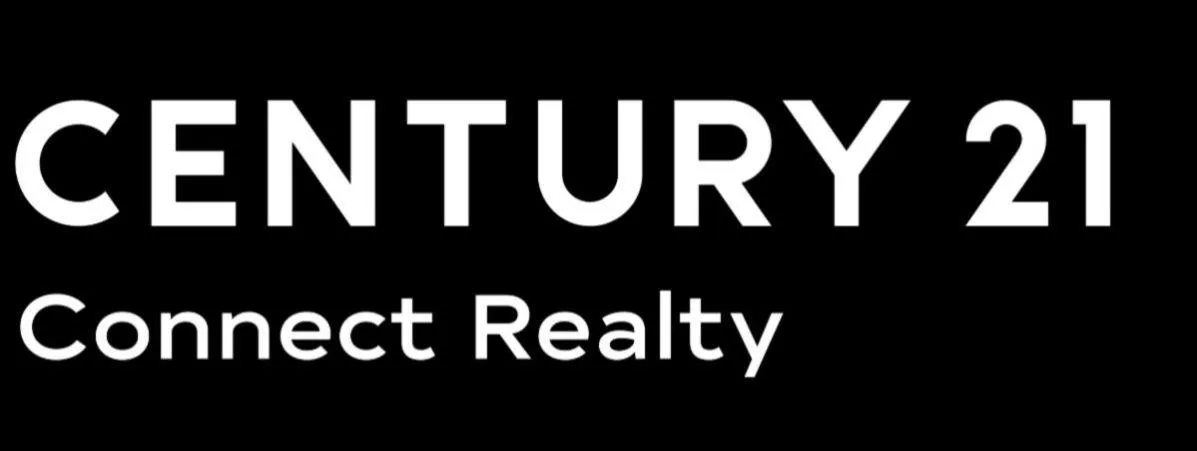Move With Confidence. Live With Purpose.
Start your home search below by neighborhood, city, or school, then connect with Alex for expert local guidance.
Your Trusted Partner in Real Estate Excellence
With years of industry experience, Alex Helton is a trusted name in the Atlanta and Decatur real estate market—recognized for delivering exceptional results, client-first service, and the market expertise that drives confident decisions. From luxury listings to first-time buyers, Alex combines integrity, insight, and strong negotiation skills to guide clients through every step of the journey.

About Alex Helton
With a reputation built on trust, precision, and genuine dedication, Alex Helton has helped countless clients buy and sell with confidence throughout the Atlanta and Decatur areas. Known for turning complex transactions into smooth, well-guided experiences, Alex brings strategic insight and a strong understanding of local market trends to every client relationship.
Whether you’re relocating, investing, or searching for your forever home, Alex delivers with heart, hustle, and a clear vision for long-term success.

"Alex would go above and beyond to go to showings on our behalf for our out of state move. She was knowledgeable about the area and always willing to meet up with us when we were in town. Alex provided contacts for repairs and insurance.
— Melissa Chan
The Alex Helton Advantage
Navigating the real estate market in Atlanta and Decatur takes more than browsing listings — it requires insight, strategy, and personal commitment. With years of marketing and management experience, Alex Helton understands what drives local pricing, buyer behavior, and neighborhood growth. She uses this expertise to help you make confident, budget-smart decisions whether you’re buying, selling, or investing.
Alex takes the time to truly understand your goals. Whether you’re selling near top schools, downsizing, or purchasing your first home, she builds a thoughtful plan tailored to your needs. Through clear communication and in-depth market research, she delivers a personalized experience designed for a smooth process and a successful outcome.
Even after closing, Alex remains your trusted resource. From contractor recommendations and home improvement guidance to ongoing market insights, she supports your long-term vision. With Alex Helton, you don’t just gain an agent — you gain a dedicated real estate partner who always puts your priorities first.

Advisors
With a strong understanding of the Atlanta and Decatur real estate markets, Alex Helton guides you through every phase — from smart pricing strategies to navigating financing options. Each recommendation is thoughtfully tailored to your unique situation, ensuring you always feel confident, supported, and well-informed.

Negotiators
Backed by years of experience and specialized buyer advocacy training, Alex Helton works diligently to protect your best interests. Whether you’re preparing an offer or finalizing a sale, she negotiates with precision and purpose to secure favorable terms aligned with your goals.

Problem Solvers
Real estate can present unexpected challenges, but Alex Helton is prepared to handle them with steady focus. From title concerns to appraisal surprises and lending delays, she approaches each situation with calm, proactive solutions that keep your transaction moving forward.

Marketers
Alex Helton understands how to position your property to stand out. From professional photography to strong online visibility, each marketing strategy is designed to highlight your home’s best features and attract qualified, motivated buyers quickly.
Let’s Make Your Next Move a Smart One
Alex Helton is here to simplify your journey, support confident decision-making, and deliver an experience that exceeds expectations from start to finish.
Stay Updated
Alex Helton provides clarity at every stage of your real estate journey—offering expert insights, up-to-date market trends, and practical strategies to help you stay ahead and make confident decisions.
©️ 2025 Alex Helton Realtor®. All Rights Reserved.


